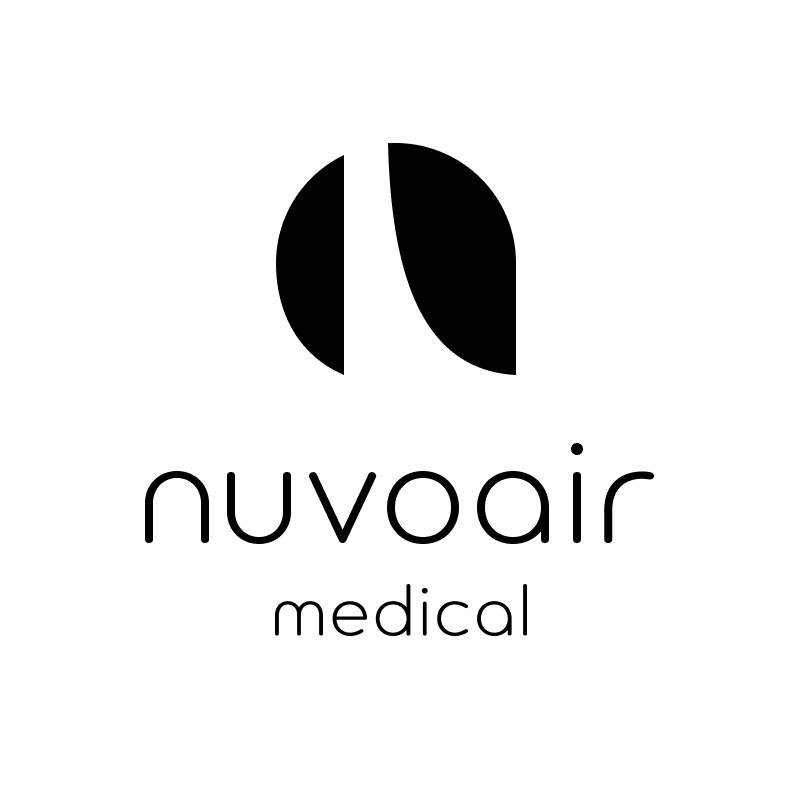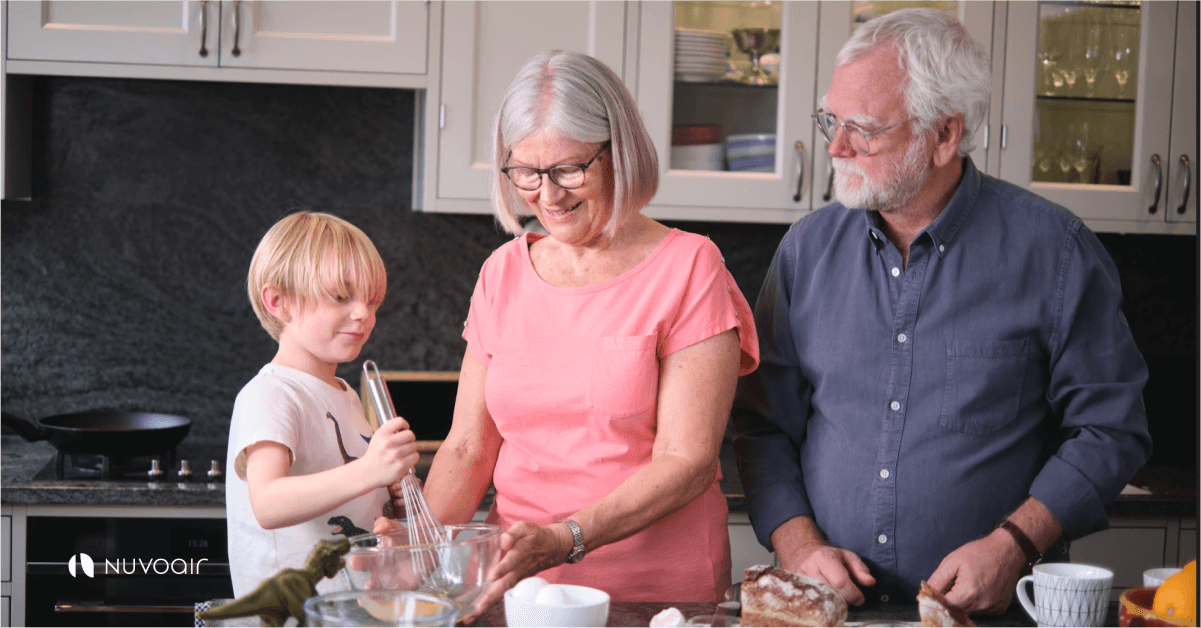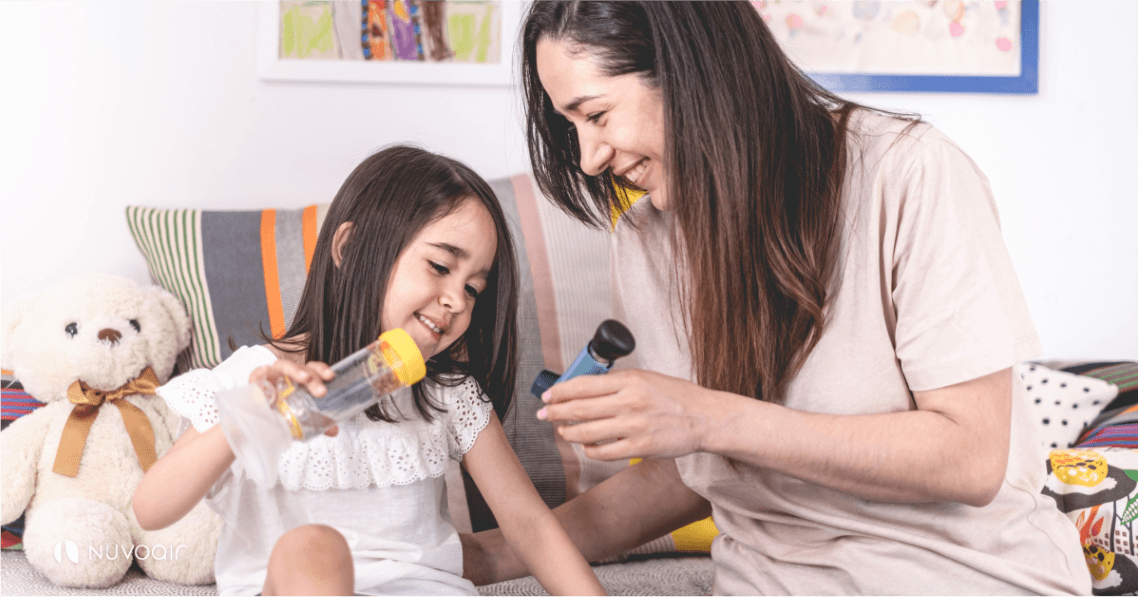As many pharmaceutical companies are charged to reduce the patient burden in clinical trials and seek to improve the patient experience, challenges are also faced on the clinical side. Clinical burden includes the hurdles and inefficiencies faced in running a study, often in addition to clinical services delivered. Whether it’s a lack of resources or low patient compliance, study site burden can make it difficult to run trials and collect needed endpoints which can ultimately lead to delays in getting new treatments out to market.
Decentralized trial options, such as NuvoAir’s home-based solution for studies with respiratory endpoints, are breaking down these barriers. Here’s what we know and what we’ve learned at NuvoAir.
Recruitment, Access & Diversity
Recruitment is a big challenge to getting trials started. Often this phase is slower than expected as it’s difficult to find patients who fit study eligibility criteria that also consent to study obligations. A common downside for participants lies in the hospital visits for needed tests, checks, and assessments. This limits access to studies for certain patient populations. To attend extra visits, participants must take time from work, school, or personal obligations—which not everyone is willing to do or can afford to manage.
A patient’s time investment and transportation availability certainly play a role with retention as well. Participants can too easily deprioritize clinical trial appointments at hospitals because of the inconvenience it creates in their daily lives. “Patient recruitment and retention depends in part on the willingness of the participant to travel to and from the local study center,” notes a literature review of factors contributing to failed clinical trials. “Transportation is a long-standing particular challenge for elderly participants. Regardless of patient age, long travel times, particularly in urban areas can dissuade participation.”
Going virtual can alleviate many of these challenges and lead to improved enrollment. However, socioeconomic factors can prohibit access for individuals without stable Wi-Fi availability or a smartphone device needed for quality data collection. These challenges can make it difficult for study sites to recruit a diverse and representative participant pool, potentially limiting study results. They are solutions, however, that are tackling these issues as well.
The NuvoAir clinical trial kit provides participants with a smartphone with an internal sim card and internal Wi-Fi connectivity for smooth data collection from the convenience of home. The solution ensures access for nearly all individuals, enabling studies to enlarge and diversify their enrollment pool. Integrated video allows for clinical observation of home spirometry and in-app coaching supports participants to obtain quality lung function results.
Retention & Compliance
The difficulty of retaining patients in clinical trials is a constant thorn for study sites. Retention can be influenced by reasons noted above regarding time or travel involved, or due to other issues that affect patient burden. Common factors such as existing treatment burden associated with chronic illness or mental health issues are just a few additional reasons patients may drop out of studies. No-shows and drop-off rates can not only be disappointing, but also costly. They require study sites to devote more time and resources to assuring adequate data collection.
Compliance with following study protocols is also often related to patient burden. Unfortunately, a lack of continuous monitoring can lead to incoherent data sets, which are critically dependent on the day-of-visit lung function tests at the hospital. Home-based solutions solve this by enabling remote collection of a larger data set, thus providing a more accurate representation of true lung function.
Resources & Multiple Site Coordination
Further exacerbated by the Covid pandemic, clinical sites are now, more than ever, in the weeds with struggles in regard to staffing, room availability, and general resources needed for hospital visits and spirometry tests. To limit airborne infection, increased restrictions to clean and air out lung function testing rooms between patients limit the number of patients who can be booked in a day.
In addition, the management of multiple sites adds to the complexity of clinical trial procedures as vendors and data management need to be well-coordinated across sites. Solutions such as NuvoAir’s support multi-site studies with central data collection via an investigator portal.
Cost
Recent market research estimates spending on clinical trials to reach $68.9 billion yearly by 2025—a number that’s far from sustainable. Reducing the cost of clinical trial efforts is crucial for impending medical discoveries. NuvoAir enables a larger pool of patients to enroll in clinical trials, allowing sites to achieve enrollment numbers at a faster rate. Coupled with a ‘more data’ approach, this has a direct impact on the reduced time it takes for sites to achieve acceptable endpoint data collection.
The Evidence
Most of the key concerns for sites can be solved by going remote, and there's significant potential for this. “Limiting data collection to site-visits restricts our understanding of the patient's health to a finite set of data-points,” says NuvoAir’s Furat Shawki, Head of Clinical Trials Product and Operations. “With remote spirometry, we can more clearly understand the patient's lung function through more complete data sets and continuous monitoring.”
Clinical trial sponsors and study sites that are less experienced with home spirometry may question this approach, but there is much to learn from clinical trials with experience. NuvoAir has supported over 30 clinical trials across all phases of development. A recent survey with sponsors and clinical sites across the globe sought feedback on experience using NuvoAir’s clinical trial platform with home spirometry.
Four sponsors and 32 study sites responded to the online survey to share their first-hand experience using NuvoAir’s home spirometry in the context of clinical trials, including both European and North American sites and sponsors. More than 70% of site staff said that the NuvoAir solution had a good or excellent impact on participants’ willingness to enroll in the study, and 75%+ of site staff reported a good or excellent impact on patient retention. More than 70% of site staff said the NuvoAir solution had a good or excellent impact on reducing the burden of research. Clinical trial sponsors reported that trial subjects were “very compliant with home spirometry.” All sponsors agreed that NuvoAir's impact on patient centricity was above average.
Introducing remote data collection can allow for measurable improvements in the field of clinical research. Tried and trusted innovative solutions can reduce the clinical burden involved, while supporting recruitment and retention efforts by providing a more convenient and enjoyable participant experience and delivering on goals for patient-centric trials.
For a demo of the NuvoAir clinical trial solution, contact clinicaltrials@nuvoair.com.




